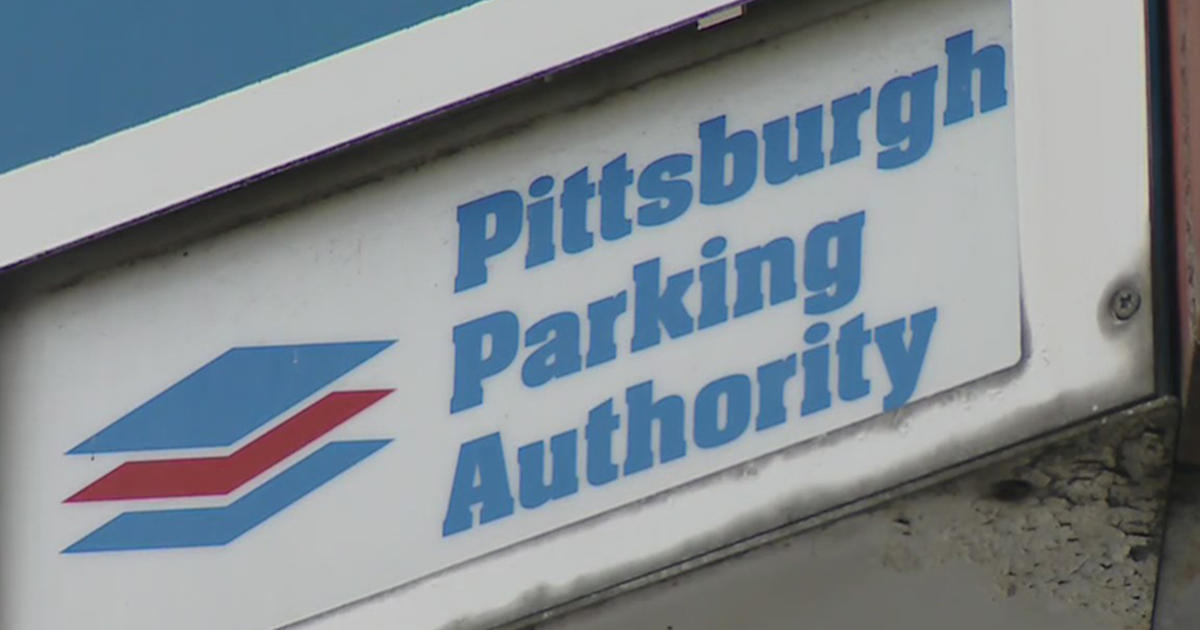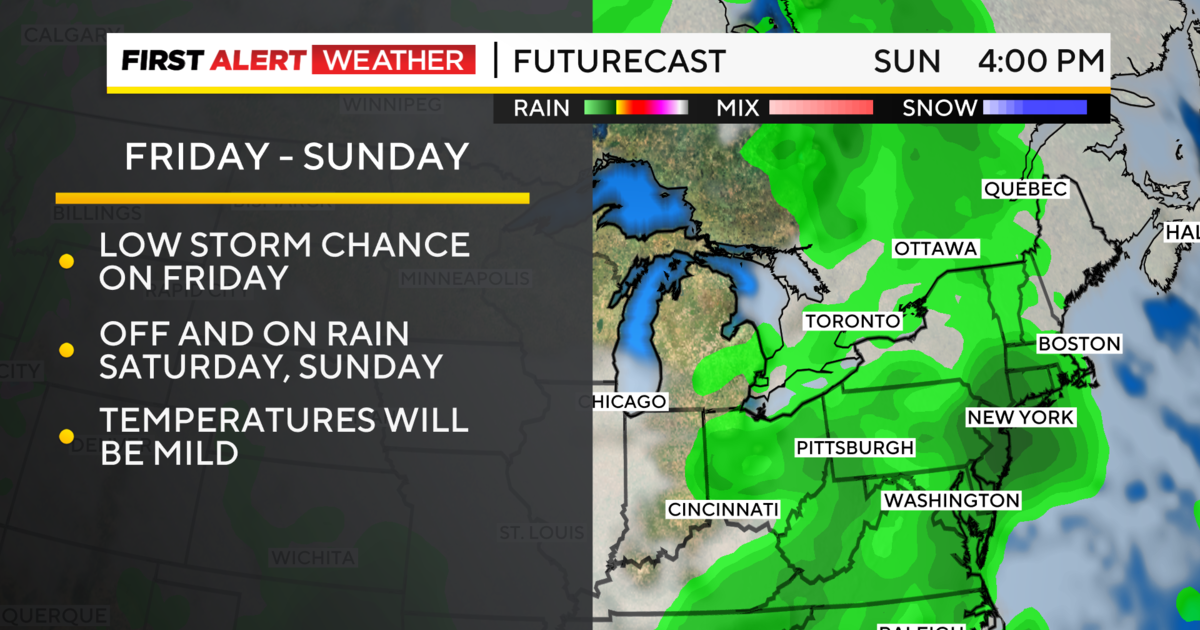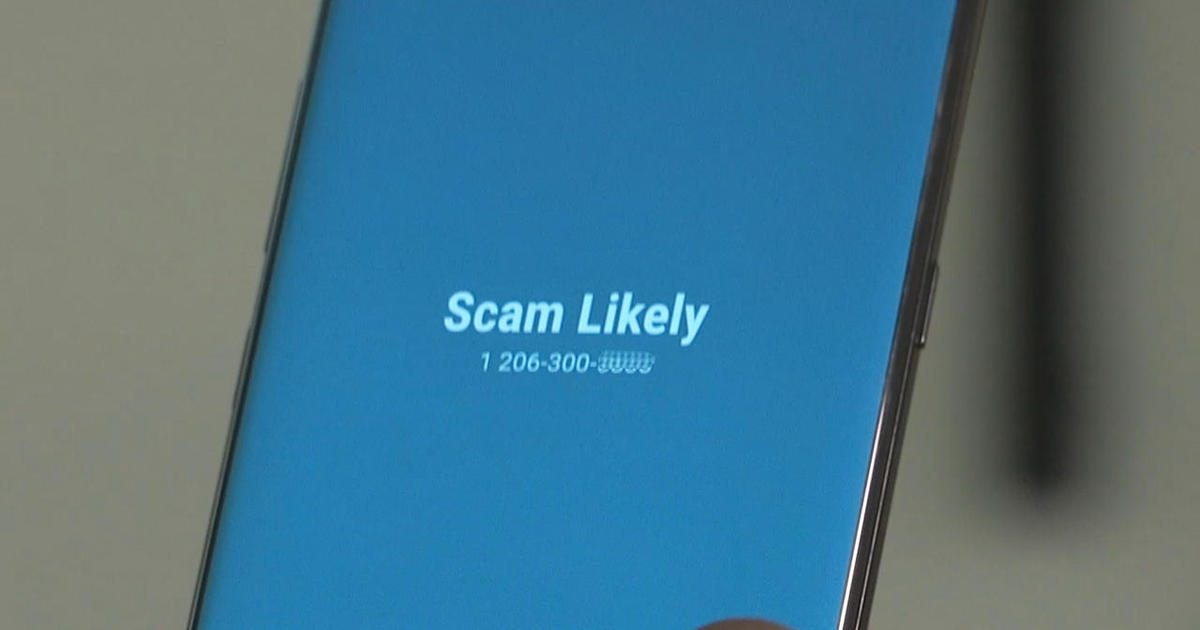New Ransom-Ware Scam Locking Victims Out Of Their Own Smartphones
PITTSBURGH (KDKA) — The Better Business Bureau is warning people about a scam where your cellphone isn't merely infected, it's frozen, and the scammers demand ransom to unlock it.
The Ransom-ware Scam, as it's called, apparently started with people's desktop computer, but now, it's spreading to smartphones.
Here's how it affects people: you're surfing the web on your phone, when it suddenly freezes. You get a message that may look like it's from an official agency such as the FBI. In some cases, you're told you've broken some kind of federal law.
"It'll say we're locking your phone and you have to pay us money – a ransom – before you can use it again," said Warren King from the Better Business Bureau in Pittsburgh.
In order to get the phone unlocked, you need to use pre-paid cards.
"Definitely don't pay them because that gives them a strong incentive to continue these kinds of attacks," said Jason Hong from Carnegie Mellon's School of Computer Science.
He says if this happens to you "the worst case is you can wipe your phone and start all over. So if you're Android or iOS, you can download a lot of your data![]() from the Cloud."
from the Cloud."
As for how scammers get into your phone to begin with? Hong says it's often you unknowingly downloading a fake app.
He says get apps from known sources. For instance, Google Play and the Apple App store.
"They try to remove a lot of the fake apps, but they don't always catch all of them," says Hong.
He says you should examine what you're about to download.
"You should look at how old the app is. You want to avoid apps that are just brand new, and you also want to look at the number of downloads. If there's very few downloads, then you should also be very careful about that," said Hong.
The Better Business Bureau also recommends putting a passcode on your phone, so no one else can access it.
Also, be careful about the information you share when using public Wi-Fi, although Hong says that's probably not a way you'd become a victim of this particular scam.



